2021-2022 Faculty Fellows
The faculty fellowship program has supported research resulting in major books and articles in the humanities. Faculty Fellows each present a public lecture and participate in regular fellows seminars.
Fredy González, Associate Professor, Global Asian Studies & History Heading link
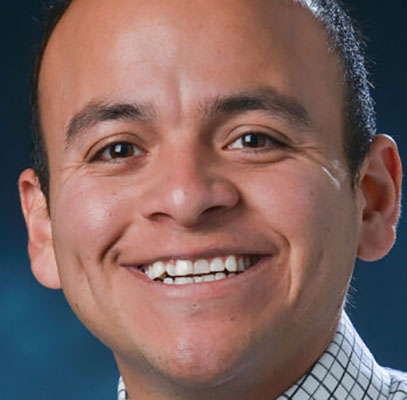
Fredy González is an Associate Professor of Global Asian Studies and History. His research focuses on Asian diasporas in Latin America, particularly on the Chinese diaspora. Before coming to UIC, Professor González was a professor of Latin American history at the University of Colorado Boulder, where he also taught courses on immigration history.
His first book, Paisanos Chinos: Transpacific Politics among Chinese Immigrants in Mexico, was published in 2017 with the University of California Press. His articles have appeared in the Western Historical Quarterly and the PRC History Review, and won the Bert M. Fireman and Oscar O. Winther awards from the Western History Association.
His current project is a global history of the Chinese sworn brotherhood, the Hong Men Chee Kung Tong. A fraternal organization with chapters around the world, the Chee Kung Tong helped far-flung members of the Cantonese diaspora acclimate to their places of settlement. Remembered in parts of the West as a criminal organization, in mainland China it is remembered as the precursor to the China Zhi Gong Party, one of the eight minor parties in the People’s Republic of China. Professor González plans to use the history of the Chee Kung Tong to illustrate how different nodes of the Chinese diaspora interacted with each other; political activity and organization among Chinese overseas; and the complicated relationship between Chinese overseas and China and Taiwan.
His work has been supported by a Fulbright Scholar Fellowship in Taiwan, as well as a IIE Fellowship for Graduate Study and a Fox Fellowship in Mexico.
Esther Díaz Martín, Assistant Professor Latin American and Latino Studies & Gender and Women’s Studies Heading link
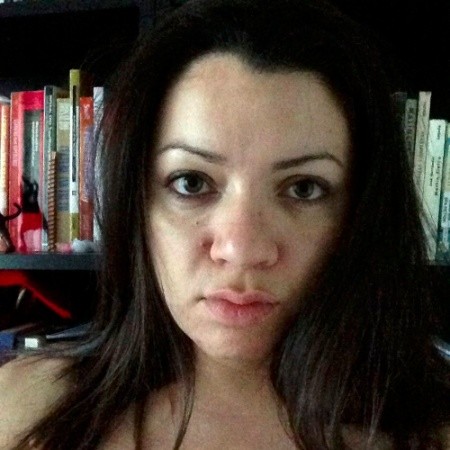
Esther Díaz Martín is an Assistant Professor in Latin American and Latino Studies and Gender and Women’s Studies at UIC. She received her Ph.D. in Iberian and Latin American Languages and Cultures from The University of Texas at Austin (2018). Her publications on the topic of feminism in popular culture appear in Diálogo, Spanish and Portuguese Review, Chicana/Latina Studies, and Voices from The Ancestors: Xicanx and Latinx Spiritual Expressions and Healing Practices (ed. Medina and Gonzales, 2020). Her current book manuscript titled, “Latina Radiophonic Feminism(s): Sounding Gender Politics into the Digital Age,” features the stories and politics of contemporary Chicana/Latina DJ and talk radio hosts in U.S. Spanish-language radio and podcasting. This interdisciplinary project draws from radio, popular culture, and sound studies re-articulating these fields through a Chicana feminist framework that centers the gendered voice as an entry point to tune-in to Latina politics.
Rachel Weber, Professor, Urban Planning and Policy (College of Urban Planning and Public Affairs) Heading link
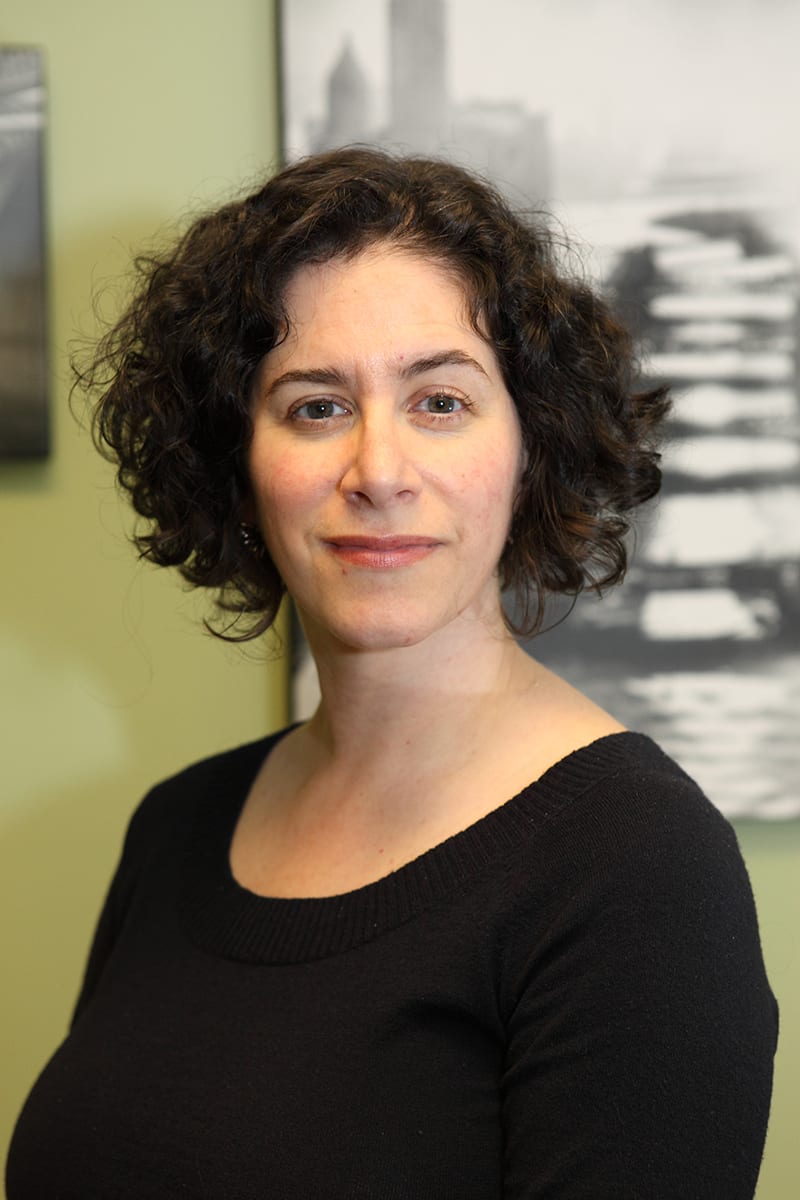
Dr. Rachel Weber is Professor and Director of Graduate Studies in the Urban Planning and Policy Department at the University of Illinois at Chicago where she teaches courses and conducts research in the fields of economic development, real estate, urban politics, and public finance. She is the co-editor of the Oxford Handbook of Urban Planning, a compilation of 40 essays by leading urban scholars. Her latest book, From Boom to Bubble: How Finance Built the New Chicago (University of Chicago Press) won the Best Book Award from the Urban Affairs Association in 2017. She is the author of over 45 peer-reviewed journal articles, as well as numerous book chapters and published reports. In addition to her academic responsibilities, she has served as an advisor to planning agencies, political candidates, and community organizations on issues related to financial incentives, property taxes, and neighborhood change. She was appointed to then-presidential candidate Barack Obama´s Urban Policy Committee in 2008 and by Chicago Mayor Rahm Emanuel to the Tax Increment Financing Reform Task Force in 2011.
Raphael Magarik, Assistant Professor, English Heading link
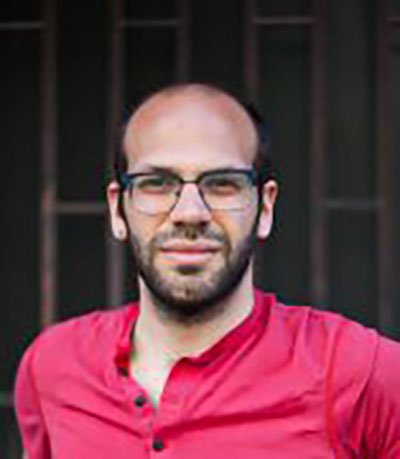
Raphael Magarik studies sixteenth and seventeenth century British literature, with interests in secularization and religion, theories of narration and the pre-history of the novel, labor and theatrical collaboration, Christian Hebraism and biblical studies, and early modern women’s writing. His first book project, “Who Narrates the Bible? Reformation Narratology and English Biblical Poetry,” argues that early modern scholars invented the idea of the biblical narrator, which in turn offered English poets models for their own, biblically themed poems and for fictive invention. He has published work from that project in Reformation, and he has articles in Milton Studies, Notes & Queries, and the Journal for Early Modern Cultural Studies, as well as an article forthcoming in PMLA. He has also written popularly, including for The New Republic, The Atlantic, The Daily Beast, Jacobin, and Haaretz. He tweets occasionally @raffimagarik.
Nina Dubin, Associate Professor, Art History (College of Architecture, Design, and the Arts Administration) Heading link
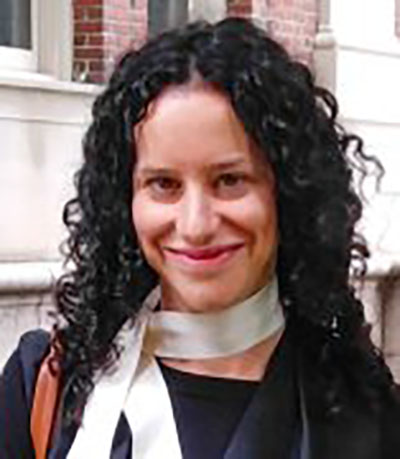
Nina Dubin is Associate Professor of Art History and an affiliated faculty member in the Department of French and Francophone Studies, specializing in French eighteenth-century art. She is the author of Futures & Ruins: Eighteenth-Century Paris and the Art of Hubert Robert (Los Angeles: Getty Research Institute, 2010; 2012) and co-author of Meltdown! Picturing the World’s First Bubble Economy (Turnhout, Belgium: Harvey Miller/Brepols, 2020). Her recent research has been supported by the Samuel H. Kress senior fellowship from the Center for Advanced Study in the Visual Arts at the National Gallery of Art, the Florence Gould Foundation fellowship from the Clark Art Institute, and the Robert Sterling Clark Visiting Professorship at Williams College. Her book in progress, “Erotic Economy: Love, Trust, and Risk in French Art, 1720-2008,” investigates the participation of French art in the consolidation of a trust economy.
Matthew Kendall, Assistant Professor, Polish, Russian, and Lithuanian Studies Heading link
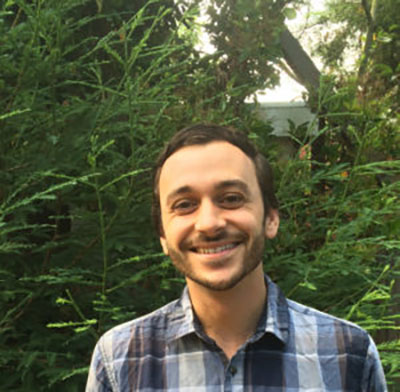
Matthew Kendall is an Assistant Professor in the Department of Polish, Russian, and Lithuanian Studies. His first book project, Sound Works: The Aural Imagination of Soviet Literature and Film, uses methods from sound studies and media theory to argue that sound recording significantly impacted Soviet conceptions of artistic production and reception. His writing has been published by the Slavic and East European Journal and NLO, and his recent article on Dziga Vertov’s cinema is forthcoming in Russian Review. Alongside his research into the history of sound and listening, he has taught and written on topics ranging from the prose and poetry of Russian romanticism to 3D cinema and the politics of cinematic special effects.